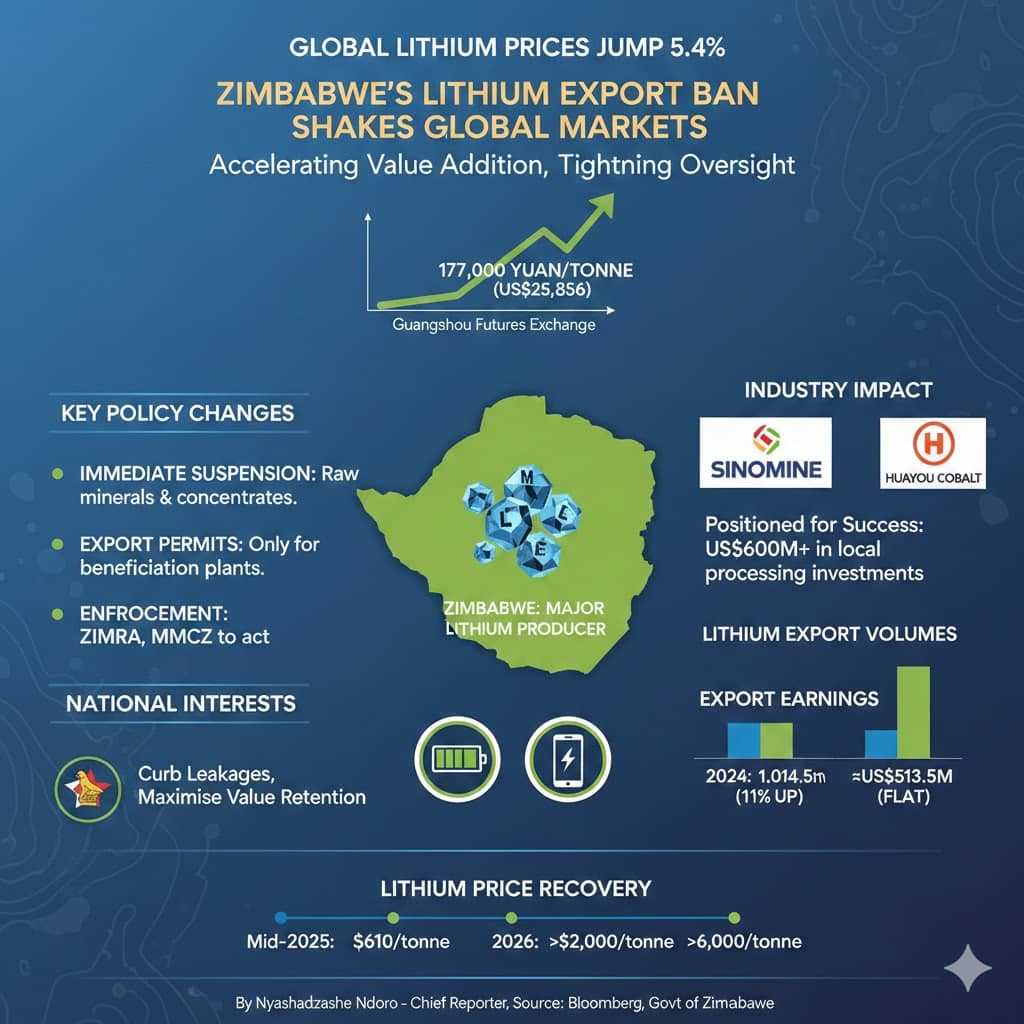
Oscar J Jeke - Zim Now Reporter
The Zimbabwean Government has reaffirmed its commitment to expanding local pharmaceutical manufacturing, following a review of the country’s Industrial Reconstruction and Growth Plan (2024–2025), with the pharmaceutical value chain singled out as a key growth sector.
According to an update presented to Cabinet on Tuesday, government's goal is to increase the share of locally produced essential medicines from the current 36% to 60% by the end of 2025. The plan also aims to slash the country’s medicines import bill from US$220 million in 2020 to US$100 million.
Since 2020, the sector has made steady gains. Capacity utilization among local producers has jumped from 12% to 51%, and the number of pharmaceutical manufacturers has risen from nine to 14, marking a 56% growth. Pharmaceutical exports, though still trailing imports, grew by 15.6% from US$4.5 million in 2020 to US$5.2 million in 2024.
To sustain this momentum, the government will reinstate VAT zero-rating on pharmaceutical products, establish a dedicated Pharmaceutical Revolving Fund, and scale up funding to the National Pharmaceutical Company. Plans are also underway to develop local drug testing capabilities and increase procurement of locally made drugs by public institutions.
Related Stories
This renewed push by Cabinet comes as the University of Zimbabwe took a major step toward advancing home-grown drug solutions by launching six pharmaceutical start-ups during its 2025 Research, Innovation and Industrialisation Week.
The start-ups will focus on developing treatments for a wide range of health challenges such as osteoporosis, obesity, allergic reactions, fertility disorders, and immunity-related conditions. The initiative is seen as a critical step in transforming academic research into viable commercial ventures that can contribute meaningfully to Zimbabwe’s health sector and economic growth.
Speaking at the event, Minister of Skills Audit and Development Professor Paul Mavima, who represented Higher and Tertiary Education Minister Dr. Frederick Shava, highlighted the importance of innovation in achieving national development goals.
“.……the time to act is now,” Mavima said. “The future we want will be built by the hands, minds, and creativity we nurture today.”
The new pharmaceutical ventures are expected to begin early-stage development soon, with long-term plans to scale up production for domestic and regional markets.



















Leave Comments